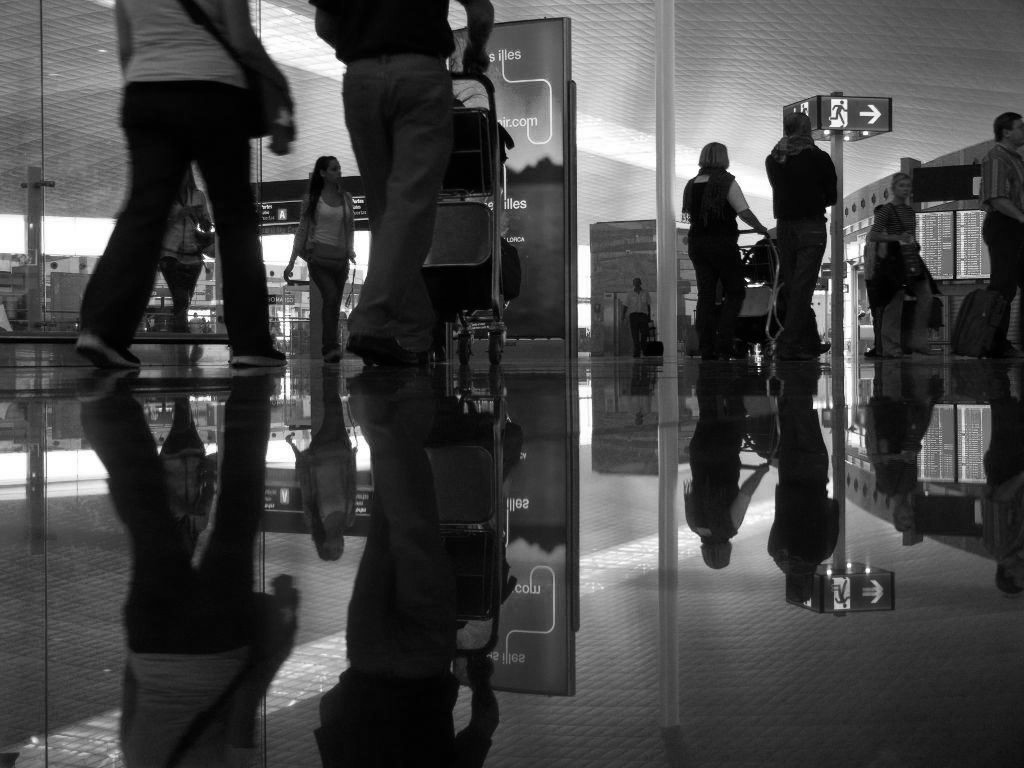en
Safety for aviation
Aviation security, both at airports and in the scheduled and private jet sector, presents a unique and complex challenge. This specialized security discipline encompasses a variety of measures and technologies aimed at ensuring the safety of passengers, crews, aircraft and airport facilities. The specifics of aviation security require highly specialized expertise and a deep understanding of the specific risks and threat scenarios that exist in this sector.











